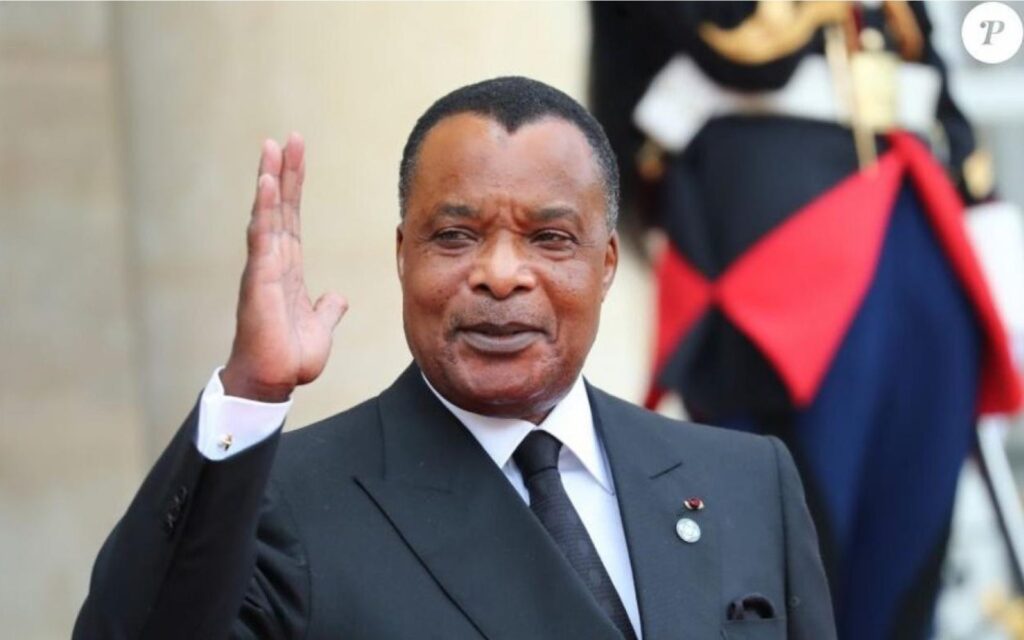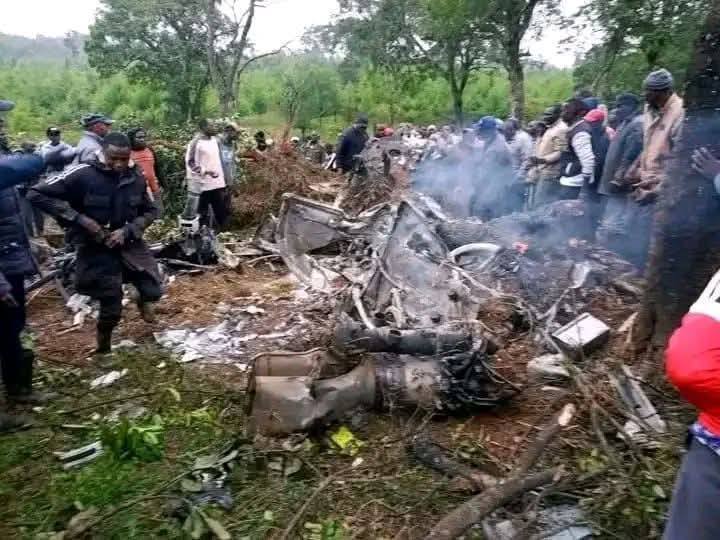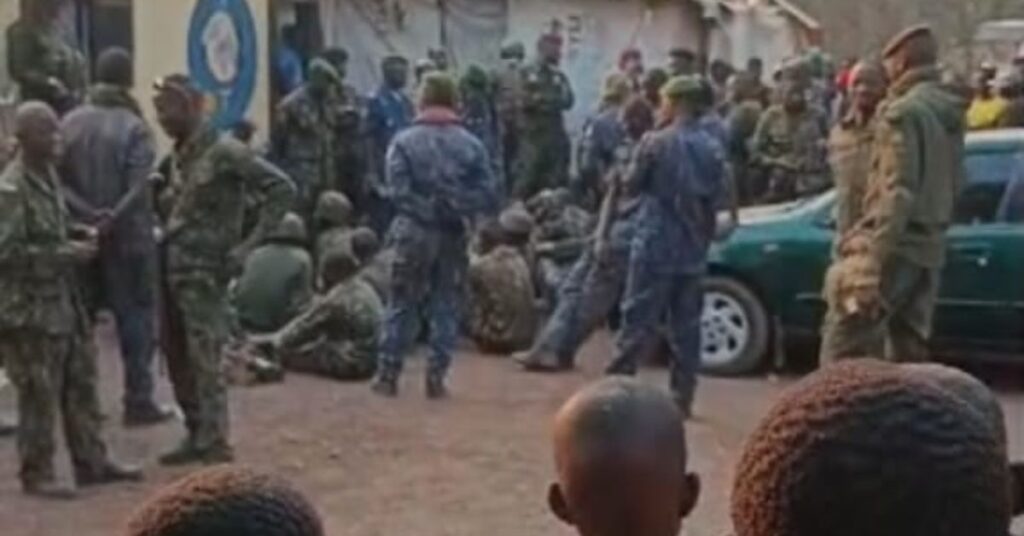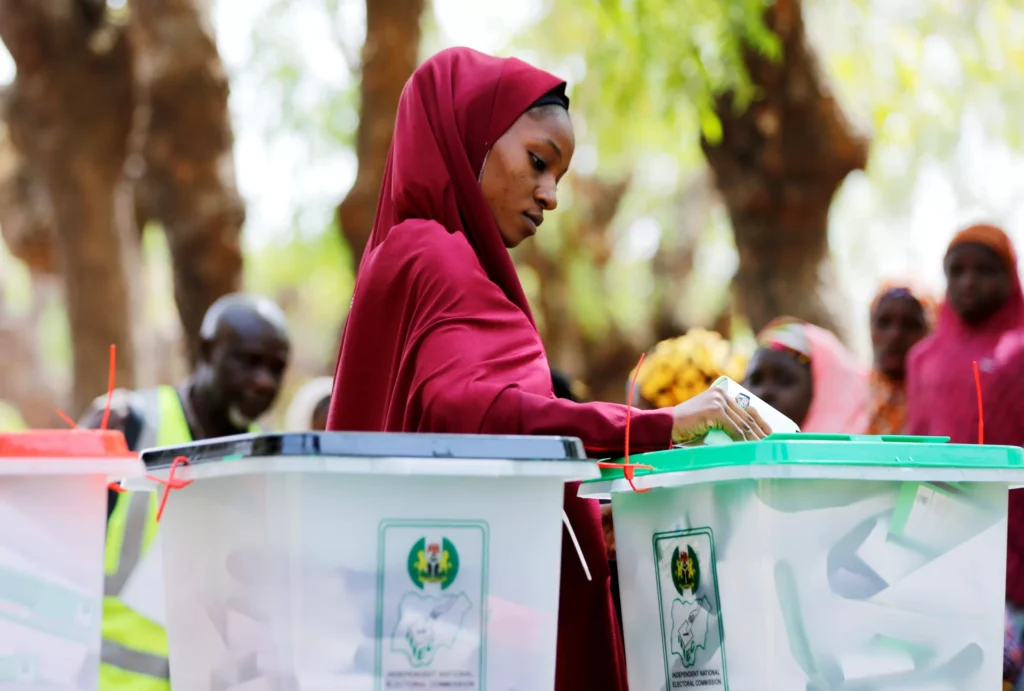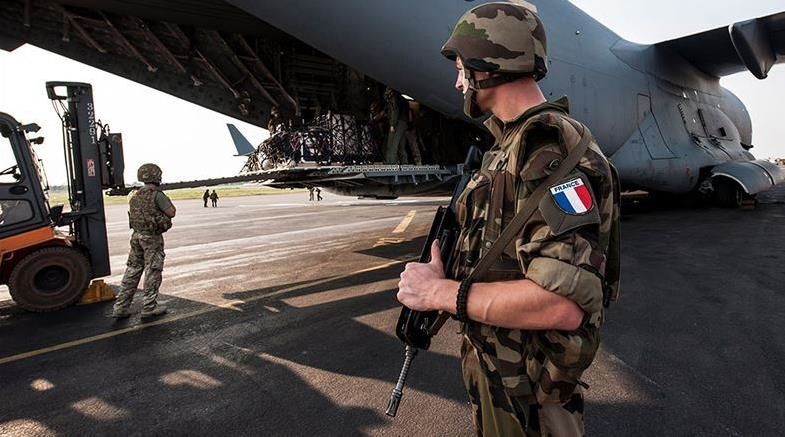
The leader of France’s troops in the Sahel region disclosed on Friday that 1,500 French soldiers will depart Niger by December 31, in accordance with the timeline declared by French President Emmanuel Macron in the previous month.
The withdrawal, as requested by Niger’s military rulers, commenced last week following the removal of President Mohamed Bazoum in July. Bazoum was a key ally of Paris, and his ouster disrupted France’s strategy for the Sahel region.
“The objective of presidential announcements of a departure on December 31 will be met,” said French general Eric Ozanne at a joint press conference with Niger’s Colonel Mamane Sani Kiaou in the capital Niamey.
The Nigerien colonel also noted that as of today, 282 soldiers have already departed the country.
“Two large convoys of military vehicles that were in the northern zone” have left, said Ozanne, adding that a number of convoys carrying “non-sensitive equipment” had begun to leave.
He said these did not include “armament” or “transmission” equipment.
“The big logistical flows will really start next week,” he added, noting that 2,500 containers were due to be shipped out of the country.
“This is being handled by an outsourced civilian carrier and is totally transparent, especially for the local population, who will just see trucks with containers,” he said.
The initial French road convoy of troops relocating from Niger reached the capital of neighboring Chad, N’Djamena, on Thursday, following a 10-day journey.
N’Djamena is home to France’s military headquarters for the entire Sahel region, housing approximately 1,000 troops.
“Chad is only a transit country, it’s not a re-articulation of our operation from Niger to Chad,” said Ozanne.
Departing from Chad, French troops have the option to use air transport for their most sensitive equipment, although the majority will need to be transported over land and by sea.
The journey “has been perfectly planned and prepared by the Nigerien authorities, and the messages passed on to the population have been perfectly received and heard,” said Ozanne.
“We don’t always agree on everything, but we talk to each other, we work things out, we find compromises, so it’s all happening in the spirit of professionalism and with the aim of finding solutions,” Ozanne said.
Niger’s colonel Kiaou said “we’ve worked together for years”.
“We’ve asked them to leave, so we’d like everything to go smoothly and for them to be able to return to Chad in complete safety,” he added.

